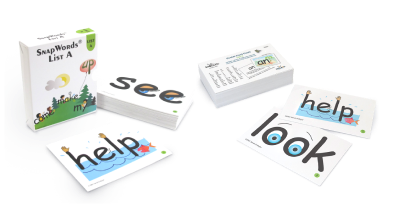
How Can We Help Those with ADD/ADHD?
When children learn differently than what is provided in a classroom setting, why do we immediately call this a deficit?
Our country consists of an estimated 8 million adults who identify as ADD or ADHD. According to the CDC, about 6.1 Million children (9.4%) between ages 2 to 17 have been diagnosed with ADD or ADHD. You can read more about the differences between ADD vs ADHD here.
ADD is defined by symptoms of distractibility, disorganization, or forgetfulness. When we talk about this issue, we normally focus on what the child struggles with rather than view this diagnosis from a strengths perspective.
This means that roughly 10% of our children are being told that they have a "disability" and a "deficit" before they finish schooling.

What if we viewed this diagnosis from a strengths perspective instead? In a recent podcast with author Simon Sinek, I listened as Simon described his ADHD as his superpower, "I lament the fact that we tell a child they have a deficit and a disorder." Simon continues, "We have hyper-focus and occasionally I am extremely distractible and struggle to get my work done." Simon believes we should be telling children that they have a superpower (hyper-focus) that comes with a liability (distractibility). You can read more about why Simon believes ADHD is one of his single greatest advantages in his blog.

Not everyone feels this way however, many with this diagnosis find that their life is full of challenges. John Kruse, MD, PHD, specializes in psychiatric treatment for those with ADHD. John goes on to say that many adults developed depression, anxiety, and PTSD due to undiagnosed ADHD. "Undiagnosed ADHD caused a mountain of misery for these individuals, their families, and coworkers".
I also listened to Harvard professor and PhD Social Scientist, Arthur Brooks, describe how his own son has thrived with ADHD while serving our country. "These are precisely the qualities that make him a great Marine, who is a flourishing squad leader."
Arthur goes on to say that, "There's a reason so many people learn in this way, there is a genetic advantage, an evolutionary set of benefits that come from this wiring."
At Child1st we support and affirm our neurodiverse learners, and wherever you find yourself in the midst of this spectrum, we support and empower you.
If you believe your child may have ADD or ADHD, we recommend seeking an evaluation from a licensed professional. If you're a teacher or a parent with a child that has been diagnosed with ADD or ADHD, we want to encourage you to explore different learning options like the ones we offer at Child1st Publications.

If your child has already been diagnosed with ADD or ADHD, and you are interested in finding products to help them learn, we highly recommend our multisensory SnapWords® System Kits. These kits are designed to draw in children's attention using right brain imagery and multisensory stimuli.
Try SnapWords® for free!
